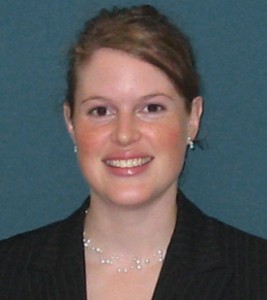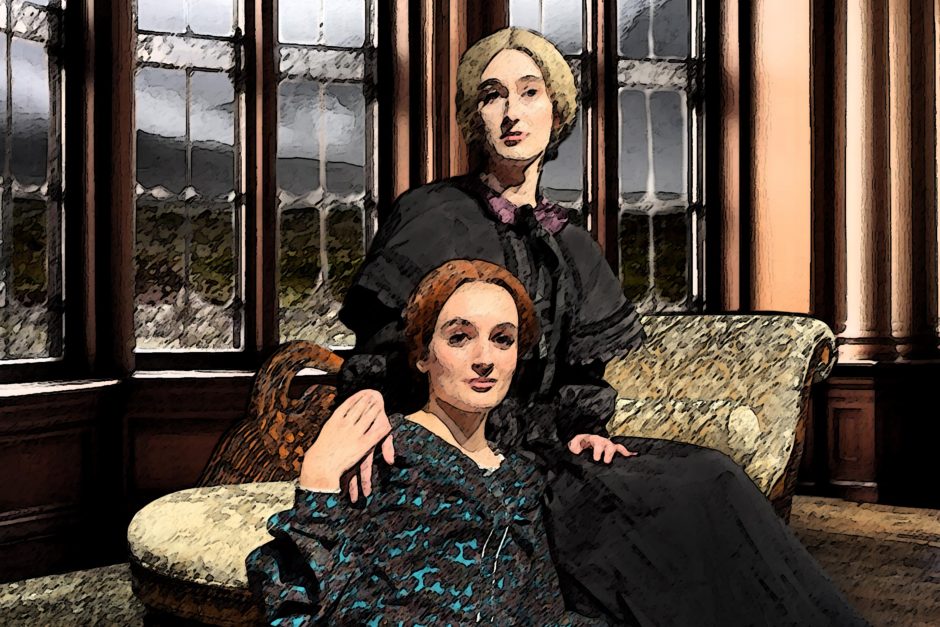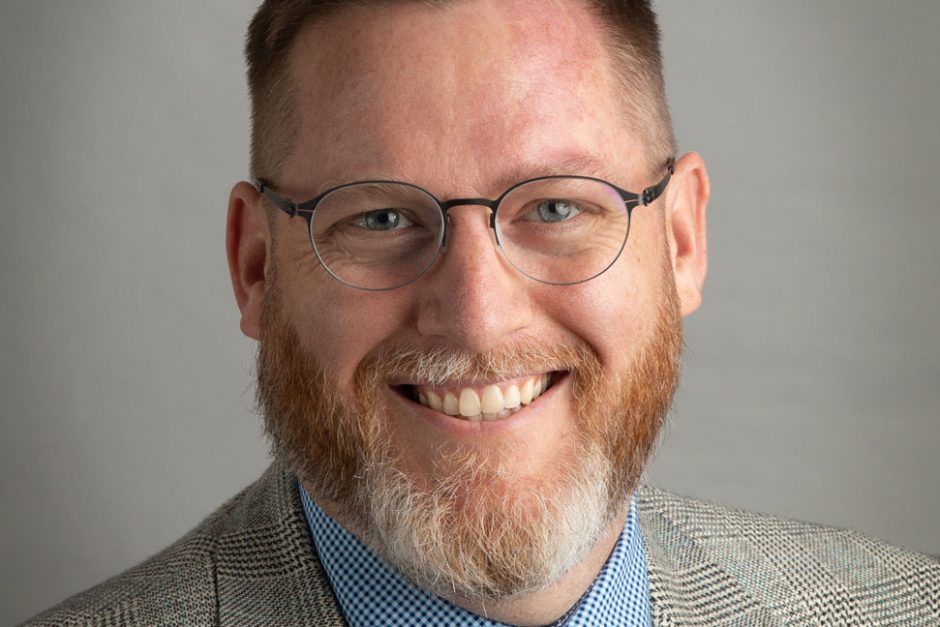Ingrid Spiegel is an assistant district attorney in Boston
Ingrid Spiegel ’03 is an assistant district attorney in Suffolk County, Mass., which includes Boston and surrounding communities. She currently serves as supervisor of their Dorchester division. Spiegel majored in politics and minored in French at Cornell, then completed a law degree at Boston College in 2006.

What does your job entail?
Dorchester is a large section of Boston and the Dorchester Court is one of the busiest district courts in the Commonwealth of Massachusetts. We have an office of approximately thirteen ADAs assigned here, three victim-witness advocates, four support staff, and one investigator. We see cases through from arraignment, to the pretrial stages, and finally through motions and trial. Not only do I carry my own caseload, but I also make sure all the ADAs are appropriately representing the Commonwealth by seeking justice in every case.
What do you like most about your job?
I love being on my feet and being challenged to think and react quickly in the courtroom. I love trying cases and making legal arguments. Working in an extremely busy court with an immense caseload really forges strong relationships, and I enjoy the camaraderie in our office as well as the relationships I’ve formed with court staff. Lastly, I enjoy training interns and new assistant district attorneys. I strive to develop new training ideas and try to use the more experienced ADAs to help mentor the new staff.
What was best about studying at Cornell?
Cornell’s flexible liberal arts scheduling was fantastic. I took as few politics classes as possible for the major and used the leftover blocks for a variety of courses. I was able to take an education class with Richard Peters a history class with Philip Lucas, and a painting class with Tony Plaut. I also took classes in the areas of anthropology, photography, sociology, philosophy, speech, and French.
Did the block plan work well for you?
OCAAT enabled me to delve into the material, regardless of the course. I loved being able to really discuss the heart of the material with the professor and my classmates. Most of my classes were characterized by lively debate.
Did you take advantage of off-campus courses or other opportunities?
Through my major in politics, I was able to travel to Southern Mississippi to study Corruption in the Deep South with Professor Sutherland, and while pursuing my minor in French, I spent a block in Montreal with a host family in an upper-level French course.
One summer I interned at the Johnson County Attorney’s Office with the victim-witness coordinator. That experience led me to the topic of my honors thesis in politics: jury reform. The combination of off-campus study, the internship, and the honors thesis proved incredibly valuable and gave me a well-rounded education.



